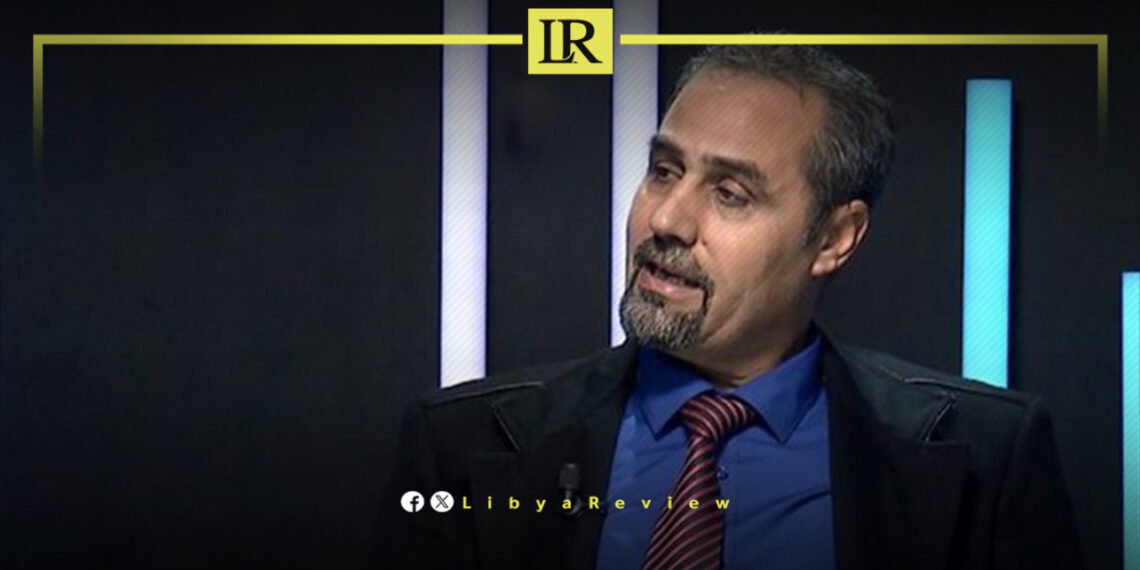Libyan Member of Parliament Abdel-Moneim Al-Arfi warned that the ongoing financial disorder in the country is deepening the economic crisis, with the allocation of resources between two rival governments exacerbating the situation.
He stressed the need for the budget to be issued by the House of Representatives in coordination with the High Council of State, in line with the political agreement.
Al-Arfi argued that the Parliament is the sole legislative authority with the mandate to approve the national budget. Any distribution of funds outside this framework, he asserted, would be a violation of the constitution and further weaken the state.
Concerns About the Future: What is the Solution?
Al-Arfi expressed his concern for Libya’s future, citing the ongoing foreign interventions and internal divisions. “Libya needs unity and strong political will to regain control over its financial resources,” he said. “If the situation continues as it is, we may find ourselves hostage to international decisions beyond our ability to influence.”
As Libya faces a complex phase of intersecting international interests and internal struggles, the pressing question remains: Can Libya reclaim its financial sovereignty, or will a ‘oil-for-food’ scenario become inevitable?
Libya has been in chaos since a NATO-backed uprising toppled longtime leader Muammar Gaddafi in 2011. The county has for years been split between rival administrations.
Libya’s economy, heavily reliant on oil, has suffered due to the ongoing conflict. The instability has led to fluctuations in oil production and prices, impacting the global oil market and Libya’s economy.
The conflict has led to a significant humanitarian crisis in Libya, with thousands of people killed, and many more displaced. Migrants and refugees using Libya as a transit point to Europe have also faced dire conditions.
The planned elections for December 2021 were delayed due to disagreements over election laws and the eligibility of certain candidates. This delay has raised concerns about the feasibility of a peaceful political transition.
Despite the ceasefire, security remains a significant concern with sporadic fighting and the presence of mercenaries and foreign fighters. The unification of the military and the removal of foreign forces are crucial challenges.


